It’s difficult suffering from persistent breakouts, but there is hope.
First, you must determine the type of acne you have. Once you establish what kind of breakout is afflicting your skin, you can decide whether to try self-treatment, visit a doctor or see a skincare professional.
Contents
How to Clear up Acne on Your Own
Look for Products with These Ingredients
For those of you prone to the occasional acne flare-up, there are many face washes and spot treatments available on the shelves of your pharmacy that can be remarkably effective. Look for facial cleansers, creams and on-the-spot gels that contain:
- Salicylic acid – good for dry skin sufferers as it is less potent than other treatments, helps dissolve dirt and unclog pores
- Benzoyl peroxide – treats blemishes quickly as it kills the bacteria that causes acne, but may cause dryness so be sure to use an oil-free moisturizer beforehand
- Retinol – loosens oil deposits on the skin, a good choice for older acne sufferers as it can also increase collagen production and smooth lines
- Sulfur – particularly suitable for sensitive skin as it gently sponges up dirt and oil
Washes, creams and gels with these ingredients work best when used in combination with the LUNA mini 2, which cleanses better than washing by hand, and leaves the skin much more receptive to the active ingredients in skincare products.
Treating Acne with Prescription Medicine
If none of your self-care treatments have worked, you’re experiencing painful bumps under the skin, or your acne is worsening, it’s time to get a prescription from a doctor.
1. Antibiotics
Oral antibiotics such as tetracycline, doxycycline, minocycline and erythromycin may be prescribed depending on symptoms and sensitivities. These medications destroy the acne-causing bacteria from the inside out. Topical antibiotics applied directly to the skin include clindamycin, dapsone and erythromycin, which are often recommended for those who experience negative side effects from oral antibiotics.
2. Birth Control
For blemishes due to hormones around your period, a doctor can also prescribe Ortho Tri-Cyclen, Estrostep/Fe, and Yaz, birth control pills that have been approved by the FDA to treat acne. These can regulate fluctuating hormones that increase oil production, resulting in breakouts.
3. Isotretinoin
If all other treatments fail and you still suffer from severely inflamed cystic acne, Isotretinoin may be prescribed as a last resort in order to destroy abnormal oil glands. However, it is more often used to treat teen acne as it will not usually combat the underlying causes of adult acne. Isotretinoin used to be marketed under the name Accutane, but is now more commonly known as Claravis, Sotret or Amnesteem. This medication is often not recommended though, as it can cause severe side effects, including birth defects.
Acne Solutions with Alternative Procedures
Some of us can’t tolerate approved acne medications, but there are other methods to achieving clear skin. These alternative acne treatments can produce great results.
1. Light and Laser Treatments
Increasingly becoming available as at-home systems, light therapy and laser treatments target layers deep beneath the skin without damaging the surface. The ESPADA blue light acne treatment beams bacteria-destroying wavelengths directly onto the skin, preventing blemishes from emerging. It also targets the sebaceous glands, resulting in them producing less oil, creating healthier-looking skin and significantly improving the texture of acne-prone skin.
2. Microdermabrasion
Cosmetic procedures such as microdermabrasion and chemical peels may be helpful in treating acne when used in combination with other acne treatments. Microdermabrasion involves crystals that polish the skin’s surface with a rotating wire brush, while crystals and dead skin cells are sucked away. This type of acne treatment is recommended for those with cystic acne lodged deep within the skin.
3. Chemical Peels
Chemical peels – acids applied to the skin every two weeks – can vary in strength depending on whether you receive them from a doctor or esthetician. They exfoliate the top layer of the skin with powerful chemicals, prompting skin cells to regenerate more rapidly and keeping pores from getting clogged.
If you’ve had limited success preventing acne and breakouts continue to plague you, trying out these options will help you lose that acne-riddled skin and allow people to see the real you. Treating your acne now will not only boost your self-esteem, but also keep acne scars and dark spots away, and leave you with the clear complexion you’ve always dreamed of.
Disclaimer: The information on this website and any related links are for general informational purposes only and should not be considered a substitute for professional advice. Do not use the information on this website for diagnosing or treating any medical or health condition. If you have or suspect you have a medical problem, contact a professional healthcare provider.



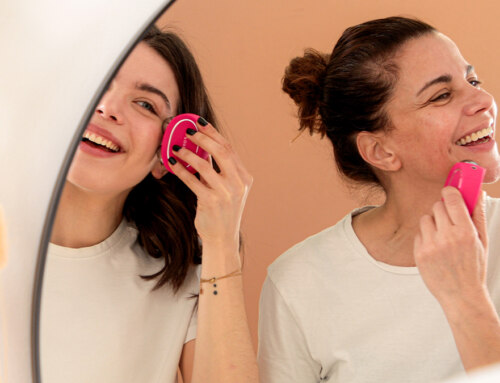
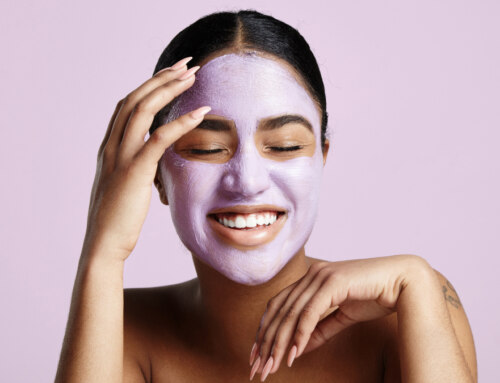
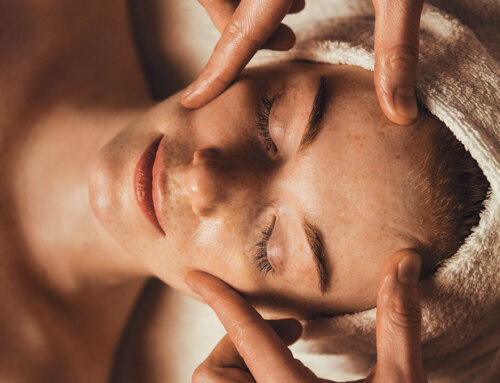

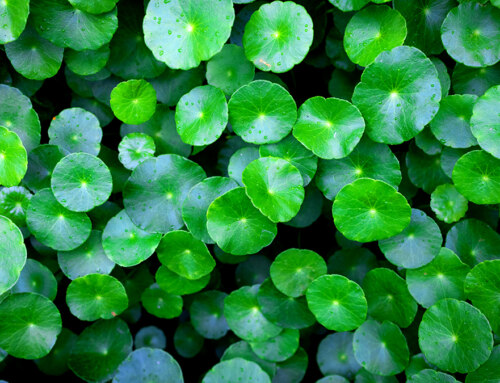
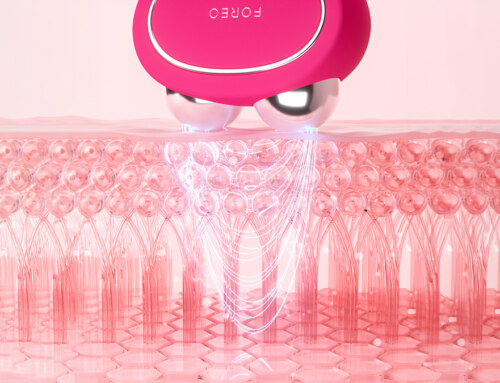

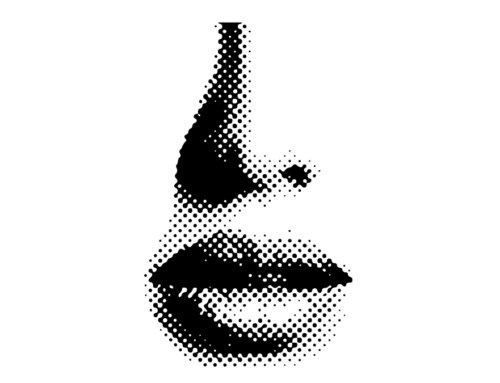
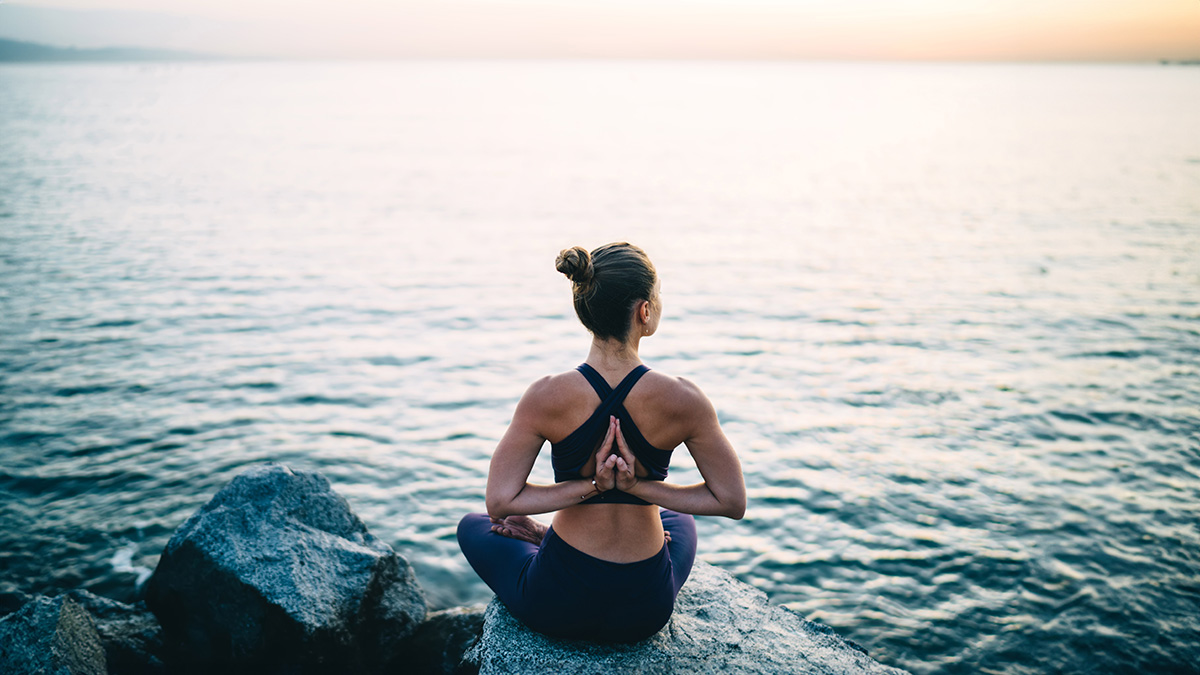


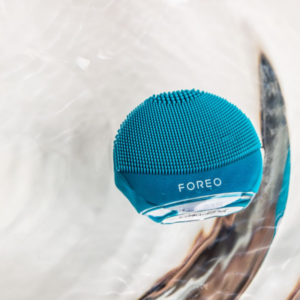
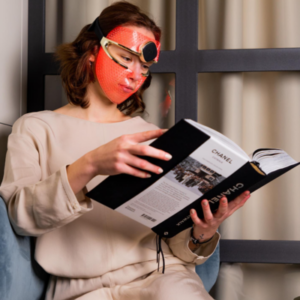
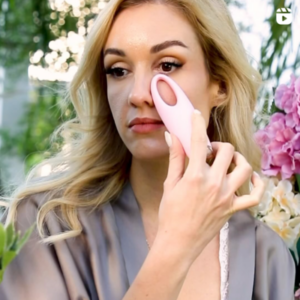
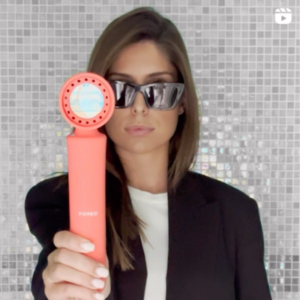
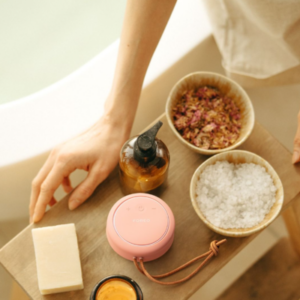
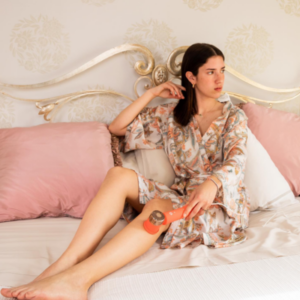
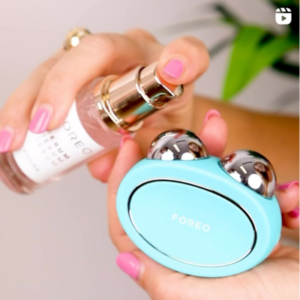
Hi,
Can I keep on using my Foreo Luna if my doctor prescribed Isotretinoin?
I love how foreo works on my skin but there is nodular acne that is impossible to remove, that is why I’m using it.
Hi Paula! Although all of our products are providing gentle facial treatment, suitable for all skin types, we do advise you to consult your doctor or dermatologist if you had any recent medical procedures or your skin is treated with any kind of special dermatological care.
I’ve been stressed out lately & I think that’s caused a painful cyst-like bump to form under my skin. Ouch. I know not to try popping it, so I’m going to try an at-home remedy using sea salt & baking soda to try to decrease swelling.